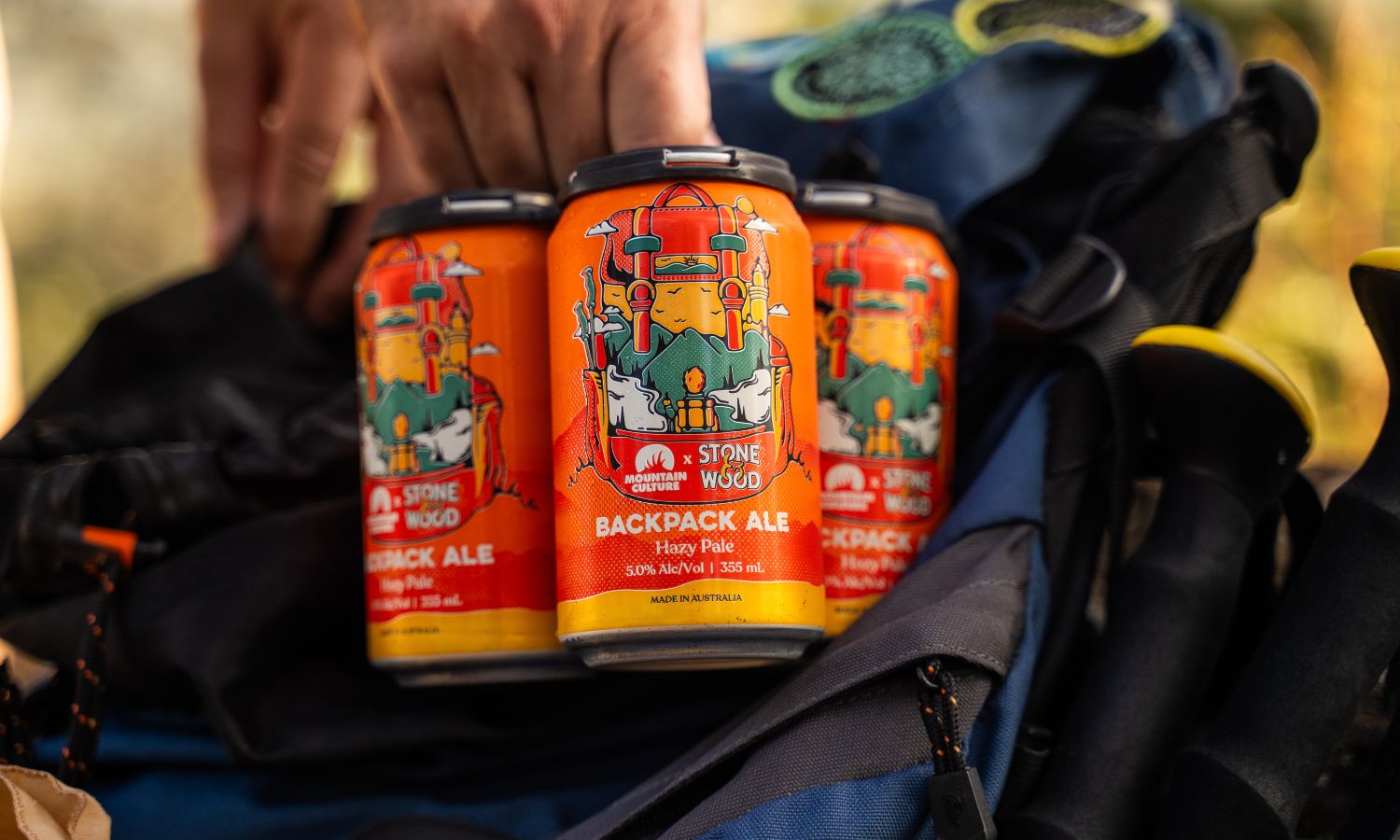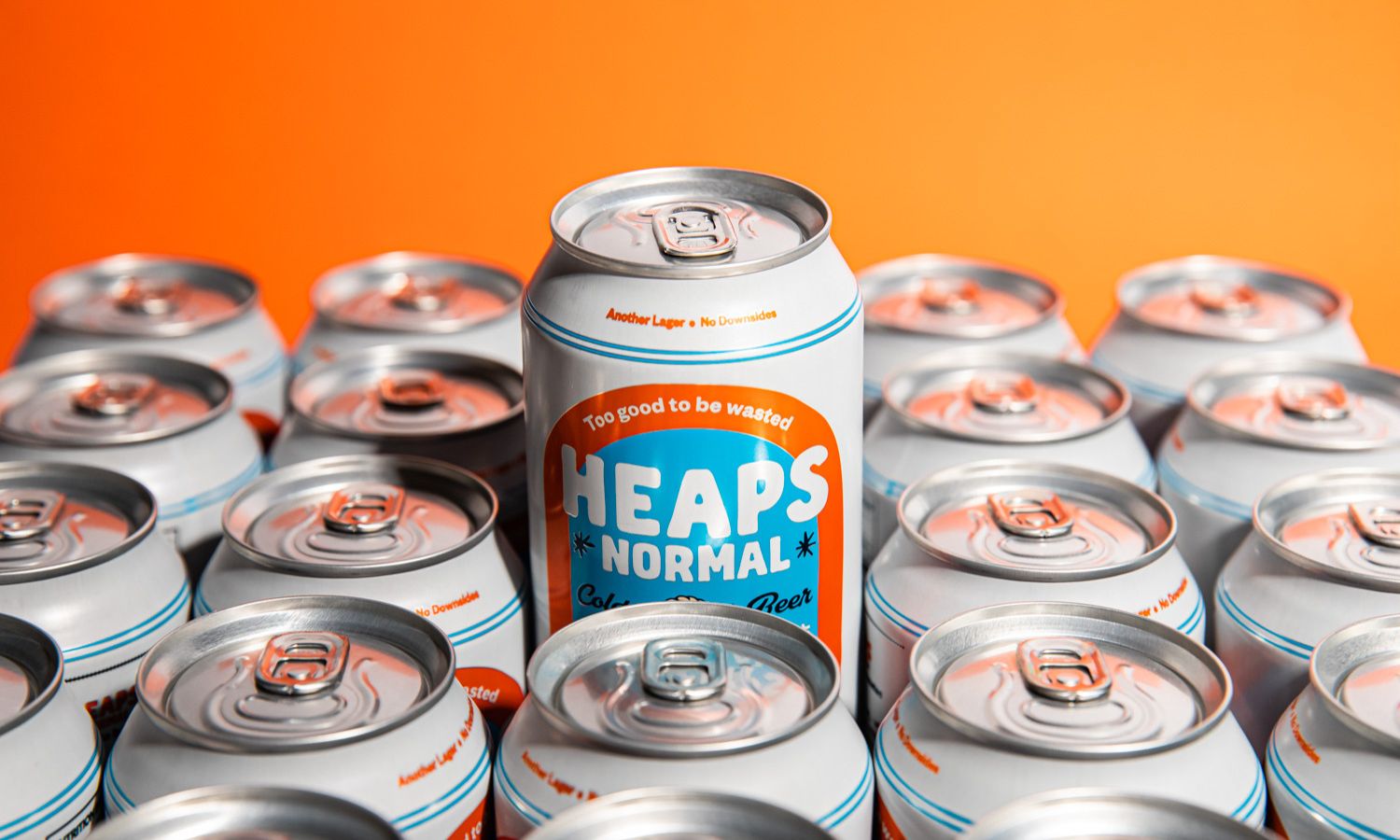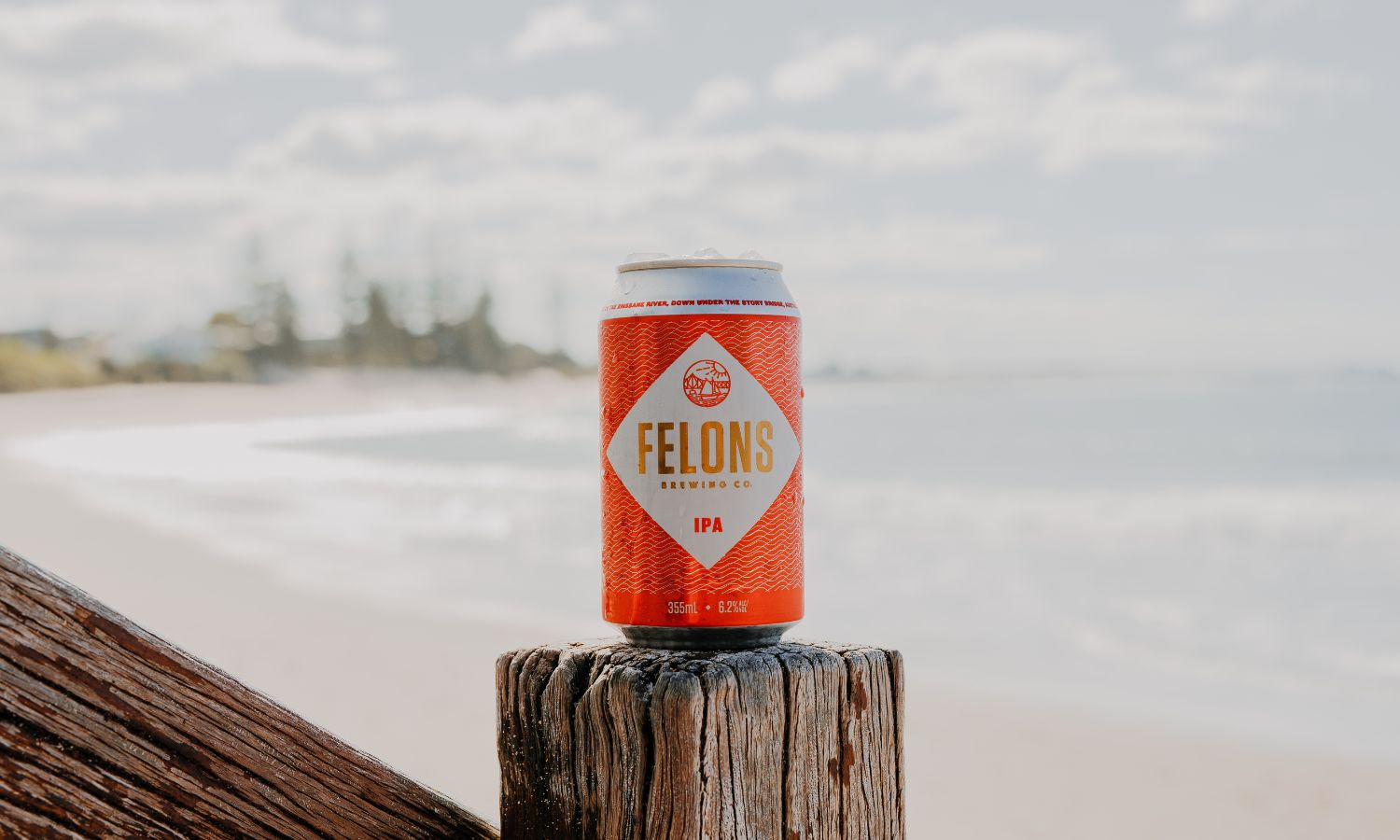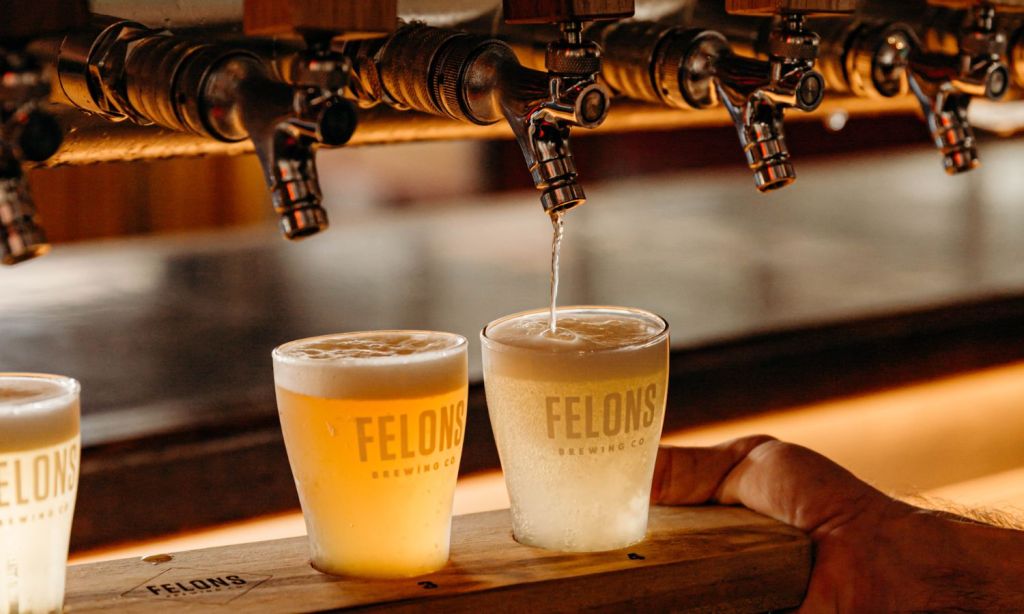“This past year has seen the problems bubbling beneath the surface in the craft beer industry spill over into public view. News of voluntary administrations or independent brewery closures have become alarmingly regular.”
This is an excerpt from a June 2024 article published on ABC titled ‘Australia’s breweries hang on, as craft beer industry issues come to a head’. ‘Australia’s craft beer system at brink of collapse’ and ‘How Australia brewed the perfect storm to put craft beer out of business’ are other article headlines published earlier this year.
But is Australia’s craft beer industry really “on the brink of collapse”? I wrote about the evolution of Australia’s craft beer industry in the last decade and its state today here (spoiler: it’s not on the brink of collapse). But I thought it worth examining what the remaining craft beer brands (around 600 in Australia, estimated ABC in June 2024) are doing to stay afloat — and hopefully escape — the “perfect storm” of closures.

Nathan Lennon, co-founder of Hawke’s Brewing, describes the last decade in the craft beer industry as a rollercoaster ride, sometimes exhilarating, other times terrifying.
“While not for the faint of heart, every turn that could give you whiplash has been a chance to lean into the unexpected and creatively problem-solve your way through it,” says Lennon. “There’s been carnage but also growth, learning and character-building.”
Steve Jeffares, co-founder of Stomping Ground, says a key part of his brand’s success is its beer halls in Collingwood and Moorabbin and its branded venue at Melbourne Tullamarine Airport. The brand was founded with hospitality experiences at its core and its branded venues work as marketing tactics.
“In my view, the best approach for many small operators might have been to just brew beer for your hospitality venues,” says Jeffares. “The margin is better and you don’t have to contend with the stresses and competition of the market.”
Felons also has venues — two in Brisbane and one in Sydney this month — where brand director Dean Romeo says all are welcome to enjoy the sights, sounds and smells of a working brewery. “We hope to work closely with the local community and become a hub everyone adores,” Romeo says.

Working with the local community is also part of Heaps Normal’s marketing strategy. The brand which makes non-alcoholic beer has music program Heaps Normal Presets that gives a platform to emerging local musicians and blog Normal Stories that profiles them.
“Our focus is on how we can help our community have fun, play and challenge notions of how much booze you need to do in the process,” says co-founder Andy Miler. “Our philosophy around play comes through in our product range — we’re launching a beer that pokes fun at TikTok wellness trends – and through events and sponsorships.”
Aside from opening beer halls so you’re not relying on competing for taps at pubs and working with the community, the craft beer brands thriving today are also agile and trendsetters. Mike Bray, managing director of the Great Australasian Beer Spectapular (GABS) Festival, says he’s seen successful brands follow sustainable practices and strengthen their distribution network.
“Sound financial management and a focus on customer experience are paramount,” Bray says. “Fortune favours the brave, they say. Most make the mistake of pulling back completely on marketing without realising they are leaving opportunities for brands to encroach, gain market share and stay relevant to existing and new consumers.”
Another key to success mentioned again and again by founders is continual research and innovation. Harriet McCready, co-founder of Mountain Culture, says her team members always listen to customers and ask themselves ‘How can we deliver what they’re asking for but better than they even expected?’.
“One thing I’ve noticed is that the craft beer industry is different from others in that it’s meant to be exciting and innovative,” McCready says. “But once a business establishes itself it’s easy to become rigid and lose that constant innovation. So people move on and by the time the business realises it can be too late.”

Romeo says working in the craft beer industry is a labour of love, adding that those in it don’t lead an easy life. He says it anyone’s ever thought, ‘Gee, I’d love to start a craft brewery’, they’re in for a sober awakening.
“We have so many amazing personalities who love what they do,” says Romeo. “There’s a wealth of support in the community so operators can collaborate, change tact and make sure they’re on top of their direction. It’s a highly innovative industry and what comes with that is the need to be open to unique ways of doing things.”
Miller agrees that despite the pressures on the craft beer sector in Australia now, the community is incredibly supportive and tight-knit. He hopes to see more government support. “I hope for more thoughtful, common-sense application of regulation in the sector,” he says. “This will let us regroup and thrive once again.”
Related: Is Telling a Sommelier Your Price Range a Big No-No?
Related: Reports of Craft Beer’s Demise Have Been Greatly Exaggerated
Read more stories from The Latch and subscribe to our email newsletter.







